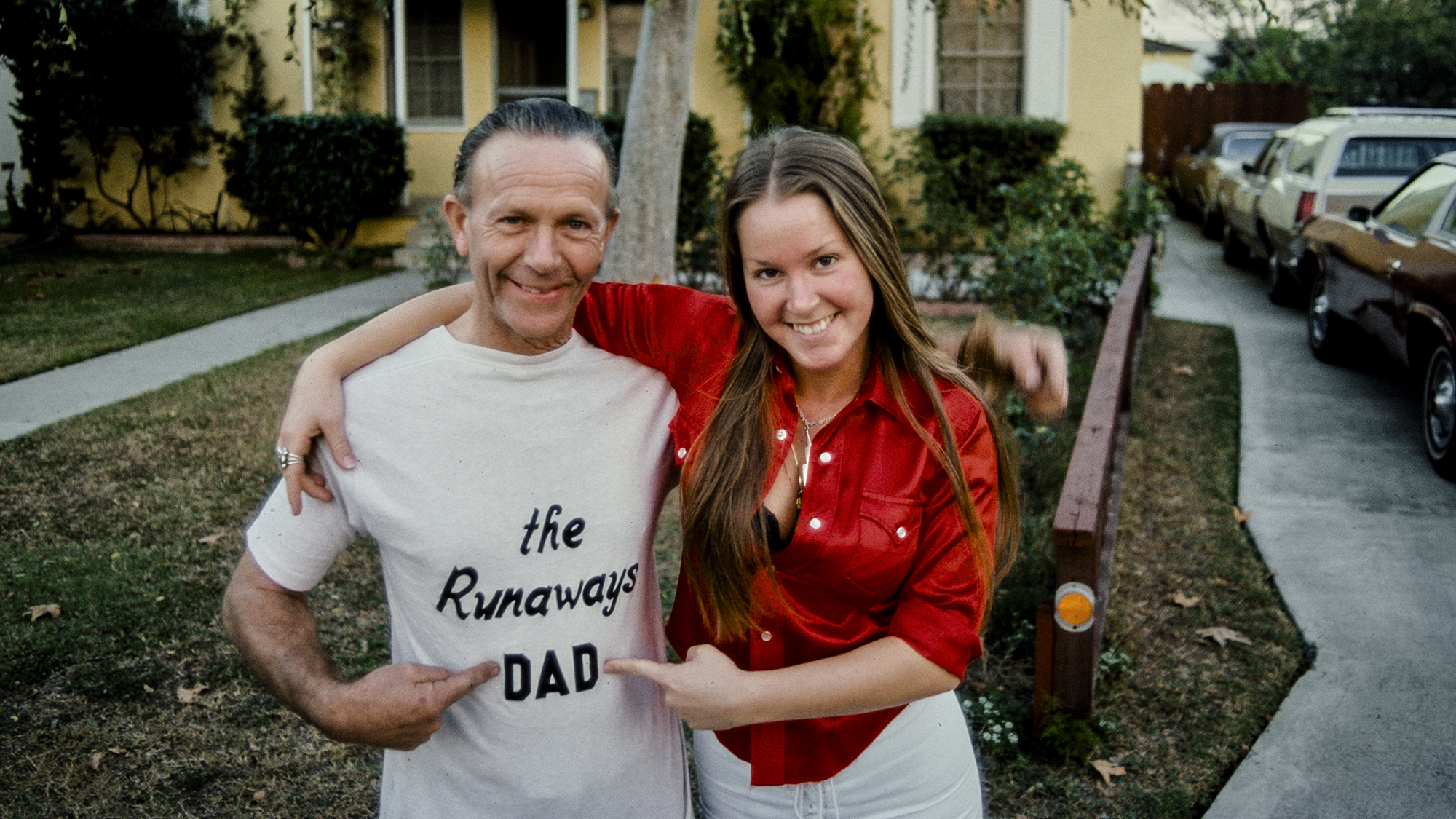“Make the worst-sounding chord you can imagine…” Alter Bridge supremo Mark Tremonti’s top five tips for guitarists

All the latest guitar news, interviews, lessons, reviews, deals and more, direct to your inbox!
You are now subscribed
Your newsletter sign-up was successful
The way Alter Bridge guitar virtuoso Mark Tremonti sees it, you can never know too many cool licks. “A great guitar lick is like part of your personality,” he says. “It shows something about you. It’s almost like your vocabulary.
“And just like no two people are the same, no two guitar licks are alike. There’s always something a little unique about each one.”
Whenever he’s around another guitarist, Tremonti makes it a point to soak up some new licks. “I come right out and say, ‘Give me your two or three favorite, most useful licks,’” he says.
“By that I mean not the hardest, most technical thing you can play; just show me the things that you play all the time, even the ones you don’t think about. It’s a form of communication.
“And don’t show me some crazy arpeggio. I’ve got enough of that stuff. I want the licks that you always fall back on — the stuff you don’t even think about. To me, those are the things that you really assimilate into your playing, and they often make it into songs.”
Whether he’s backstage, hanging out at a guitar shop or conducting a clinic, Tremonti says he’s never shy about asking other players for tips. “You can always learn something from another player,” he says. And in the spirit of sharing information, he’s given us five tips of his own.
PLAY FOR YOUR GRANDMA
“I find that improvising is the best way to get warmed up. When I’m playing without trying too hard, everything seems to fall into place — my bending, my vibrato, my feel. It’s just pure music. I almost think of it as if I were playing something for my grandma. I’m not trying to show off and impress a bunch of dudes by how fast I can shred; I’m just letting my mind go free while I play nice melodies.
All the latest guitar news, interviews, lessons, reviews, deals and more, direct to your inbox!
“When you slow down and improvise, you’re speaking what your heart feels through your strings. That’s not to say that you can’t play with heart when you’re burning, but I tend to think too much when I’m playing fast. I’m overly concerned with my fingering and precision.
“More and more, I’m trying to get to the other side of that by just letting things roll. Guys like Larry Carlton and Warren Haynes are like that. They can just pick up the guitar and play beautiful, emotive stuff, but it doesn’t look like they’re overthinking.
“I like to go on YouTube and jam along to backing tracks. There are all kinds of five-minute tracks that you can just play along to. I pick things randomly and just start playing very leisurely. Shredding is the last thing on my mind. I feel like it helps get my juices going, and then when I want to burn, I go for it.”
FOLLOW THE NINE-MONTH RULE
“This is a rule I made up a while ago. If I find a new technique that’s really challenging, I give myself a period of nine months to master it. That’s a very realistic amount of time to practice something and study it from all sides. It gives me a goal to work toward, and I won’t get all bummed out if I can’t play something perfectly by next week.
“I came up with the nine-month rule when I was younger and wanted to be a shred player. I stumbled upon my friend Rusty Cooley’s Shred Guitar Manifesto CD-ROM — that tells you how long ago it was — and he opened with something that changed my life: the Legato Workout. It’s an exercise that goes through all the different finger patterns on the guitar. It takes about an hour to go through the whole thing, but it’s worth it.
“I stayed with that exercise for nine months, and it really changed the way I play. My left hand now is very different from before I started the Legato Workout, but it’s only because I stuck with it and didn’t give up. That’s how I feel about anything that’s challenging: Give yourself a realistic period of time, don’t expect perfection right away and you’ll eventually get there.”
GO WEIRD
“To me, one of the most inspiring aspects of playing the guitar is exploring alternate tunings. Once I started to use a Drop D, though, everything changed for me. I loved the sound I would get when I played rhythm. I’d play power chords and mute with my palm. What an incredible sound!
“That made me think, What if that G string was now part of that big power chord? What if the B string was now part of that chord? What if the E string… So now one of my favorite tunings is Open D5 [D A D A D D]. I’ve shown that tuning to a lot of people over the years, and it really opens their ears when they hear it.
“It’s hard to make this tuning sound bad, because it’s a big power chord. But you can play simple fingerstyle patterns all over the neck and get really interesting licks and melodies with it.
“People are afraid of open tunings because they’ve learned so much in standard tuning, and they think that all of their knowledge won’t apply.
“When I would do guitar clinics, I’d tell people, ‘Make the worst-sounding chord you can imagine.’ Weird is good. Yes, you might sound bad for a minute, but you’re going to find something cool in it if you just have a little patience and aren’t afraid to try something new. And it works. They sound terrible for a minute, but pretty soon they’re playing something interesting.”
BEFORE GIGS, STAND UP WHEN YOU WARM UP
“I noticed a while ago that I would sit down while practicing at home, but the moment I went on tour and hit the stage, so many things that had felt easy suddenly felt strange and uncomfortable.
“It dawned on me that the angle of my picking hand was one way when I was seated — my wrist was perfectly aligned with the strings — but when I stood up, the angle of my hand and wrist was totally different. That’s when I realized I should spend some time standing up while I play, because that’s how I’ll perform my stuff live.
“I don’t enjoy practicing while standing up. But at a certain point, I have to make that transition from playing while sitting to standing up while playing. Rehearsing with the band is good for that.
“When we’re on tour, I’ll stand up and play for a good 15 minutes right before the show. I’ll make sure to play some of the more difficult patterns that I need to perform. Whether you’re playing clubs or you’re playing big places, it’s a good habit for anybody to get into.”
FIND THE RIGHT DRUMMER
“There’s a big difference between playing guitar alone in your bedroom and playing onstage with a band. When I’m onstage, I’m thinking about so many things other than how precise my guitar playing is. I’m trying to enjoy myself and make sure the audience is having a good time. That means I need to feel confident and comfortable with the rest of my band, and so much of that rests on the drummer’s shoulders.
“I’m pretty spoiled to have played with Scott Phillips for so many years. He’s got one of the best pockets I’ve ever heard. When I play with him, it’s like putting on a well-worn baseball glove — it just feels natural. We have a chemistry that I’ve never experienced with another drummer. I never really have to worry about what he’s going to do. He’s always carrying the weight of the music, which allows me to loosen up and perform at my best.
“It can take some trial and error to find the right drummer, and sometimes the most accomplished technician isn’t the drummer for you. I’ve played with some truly brilliant drummers, but I’ve found that they’re a little ahead of the beat, and that throws me off. A player like Scott is right there in the groove. He owns the pocket. When you find a drummer like that, stick with him.”
Alter Bridge’s latest album Pawns & Kings is available to buy and stream now

Joe is a freelance journalist who has, over the past few decades, interviewed hundreds of guitarists for Guitar World, Guitar Player, MusicRadar and Classic Rock. He is also a former editor of Guitar World, contributing writer for Guitar Aficionado and VP of A&R for Island Records. He’s an enthusiastic guitarist, but he’s nowhere near the likes of the people he interviews. Surprisingly, his skills are more suited to the drums. If you need a drummer for your Beatles tribute band, look him up.
